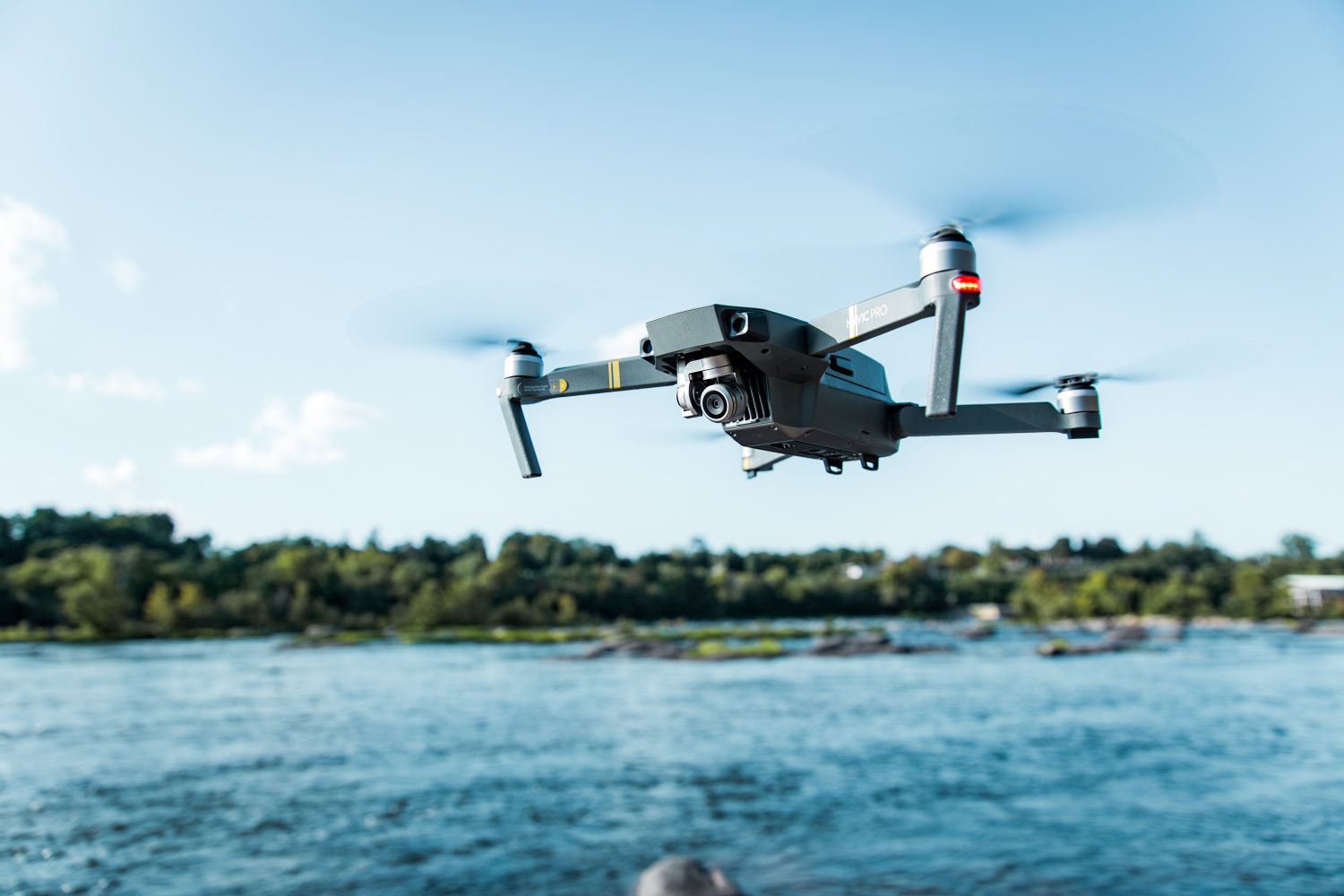
The Police Department of Grand Rapids, Michigan, has received an all-clear to enter the small craft aerial age with final approval – and a nearly $100,000 budget – to create and operate a new fleet of drones, all of which will initially be DJI craft that politicians in Washington, DC, and a number of states have been seeking to ban.
Grand Rapids’ City Commission gave its final approval to grant the municipal police department a $99,246 budget to create its drone fleet, which the force had sought despite amid concerns voiced by local residents and politicians over potential privacy implications. Bucking protectionist political movements in Washington and certain state capitals across the US, the resolution passed by Grand Rapids leaders stipulated the procurement will include “six (6) DJI Mavic Enterprise drone units, two (2) DJI Matrice 30T drone units,” and related accessories.
According to local reports, Grand Rapids Police Department’s initial fleet will be backed up with $10,000 to $15,000 in annual funding earmarked for additional drones, equipment maintenance or replacement, training, licensing fees, and other expected outlays.
Read: As NYC eases drone restrictions, NYPD expands its fleet with BRINC LEMUR 2 tactical UAVs
The Commission’s authorization stipulates Grand Rapids Police will assemble its UAV unit in cooperation with Lafayette, LA-based drone hardware and services company Unmanned Vehicle Technologies, which is an established partner of the city’s fire department. The new fleet is expected to be operational sometime next month.
Though inclusion of the same DJI drones that politicians have been seeking to blacklist elsewhere may eventually gain some attention, the detail passed relatively unnoticed among the privacy concerns expressed by some Grand Rapids residents, and even Commission members.
Similar fears long delayed New York City’s recent expansion of UAV operation rules, including broader police deployment. The Michigan Supreme Court, meanwhile, is set to hear a case alleging illegal drone surveillance of property by officials in another state municipality.
Read more: Michigan Supreme Court to hear marathon drone privacy case
To allay those apprehensions – and keep the police department on guard during its drone use – the approval by Grand Rapids leaders requires deployment records to be regularly reviewed by the city’s Office of Oversight and Public Accountability.
Meanwhile, use cases are explicitly limited to accident and crime scene reconstruction and documentation; disaster and emergency response; search and rescue efforts; active suspect flight; hazardous material crises; and in support of officers on crowd control duties during mass public events.
Officially banned operation includes equipping drones with weapons; aerial scrutiny of political rallies or protests; random surveillance operations; and flights and image collection raising objections to “reasonable expectation of privacy in the home and areas immediately surrounding the main structure.”
Grand Rapids police had sought to launch a drone unit for some time now, often citing the benefits demonstrated by forces in Michigan’s Kentwood, Walker, Wyoming, and Kent counties in using UAVs. Department officials also noted increased use of drones by other law enforcement agencies to offset chronic staffing shortages.
Image: Karl Greif/Unsplash
FTC: We use income earning auto affiliate links. More.




Comments